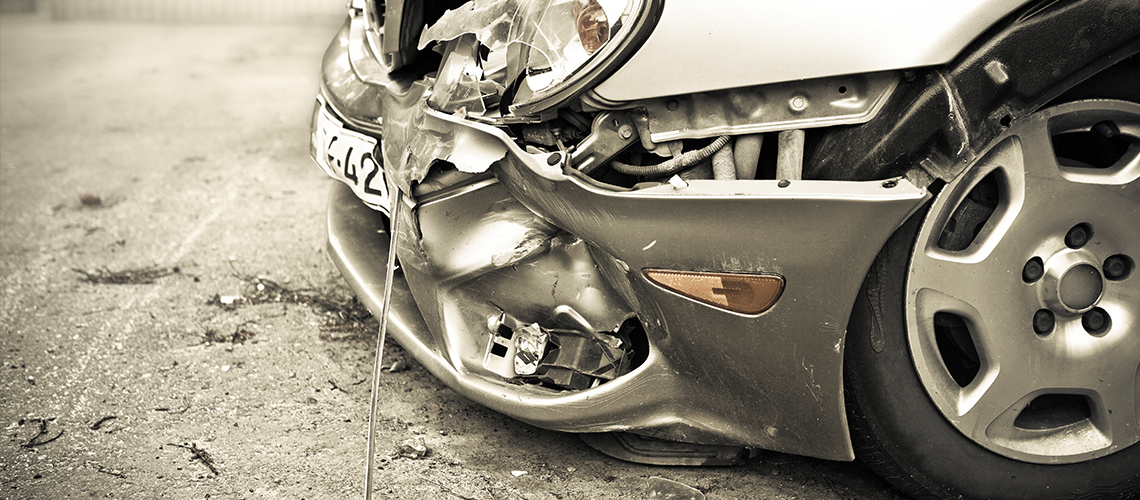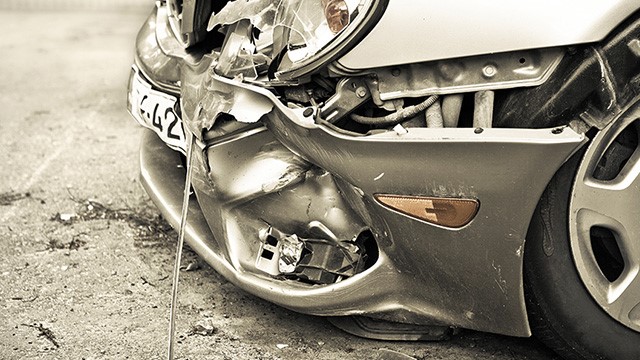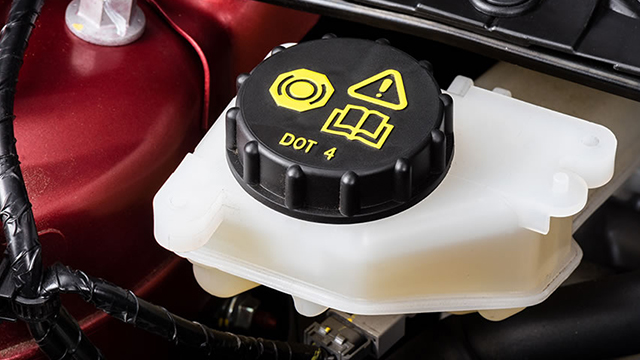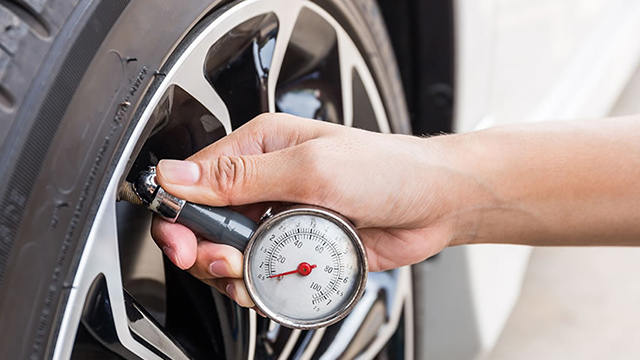Between 2012-16, there were 1185 fatalities on NSW country roads. The NRMA's 2017 Cost of Crashes report revealed that regional crashes cost the NSW economy $15.71 billion during 2011-15, with the amount of funding needed to bring local roads in regional NSW up to an acceptable standard rising from $1.33 billion in 2014-15 to $1.56 billion in 2015-16.
In recent submissions to the NSW Government, the NRMA has identified a range of initiatives to improve safety on country roads. Recommendations include lifting the standard of one star and two star regional roads (rated under the Australian Road Assessment Program), providing satellite phones for breakdowns in areas with poor mobile coverage, and investing in technology that encourages safe driving behaviour.
NRMA Director Kate Lundy says the NRMA is excited by the potential for autonomous and connected vehicles to reduce the road toll and improve transport access for people who can't drive, and would continue to advocate for technology trials in regional NSW so communities don't miss out on these benefits.
"There's a perception that it's visitors dying on unfamiliar country roads, but tragically seventy-seven per cent of all fatal crashes and seventy-six per cent of all serious injury crashes on country roads involved country residents," Ms Lundy says.
Also contrary to popular belief, it's not younger or more inexperienced drivers who are most at risk. Regional males aged 30-59 years make up the majority of fatalities in country areas, highlighting the importance of not becoming complacent because of driving experience and road familiarity.
NSW Government data indicates that while there are external factors contributing to higher risks on country roads, including higher speeds and longer travel distances, driver behaviour was still the most significant factor in crashes.
"Risky behaviour such as drink driving and speeding can have catastrophic consequences when combined with a deficient road work network, and these figures are a critical reminder to motorists that we all have a responsibility to keep ourselves and our community safe on the roads," Ms Lundy says.
Originally published in the Open Road magazine - Issue March / April 2018.












